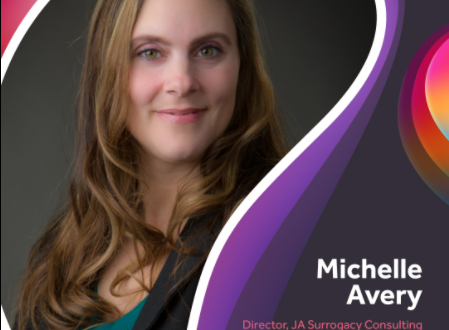
Seven factors when considering fresh versus frozen eggs
1. Fresh eggs have better success rates than frozen eggs
A 2020 study which analysed 36,925 IVF cycles found that fresh eggs have better success rates than frozen eggs: fresh eggs had a 47.7% live birth rate, versus 39.6% for frozen eggs.
When it comes to embryos, fresh embryos have comparable success rates to frozen embryos. However, these statistics don’t take several factors into consideration, such as:
The age of an individual when their eggs were collected, which is one of the most important factors in determining success:
- The quality of the eggs and sperm used within treatment
- The age of the woman when treatment took place
- The kind of treatment taking place (fresh or frozen), which is key in egg donation cycles
2. With frozen eggs, there are usually fewer eggs for treatment
Generally, frozen eggs are sold in batches of 6 or 10, but this likely isn’t the number of eggs you’ll actually end up with for treatment. Frozen eggs must survive the thaw – the process of defrosting – and unfortunately not all do.
Thawing technology has made huge strides, but eggs remain more fragile than embryos when it comes to thawing. The thaw survival rate for frozen eggs is >85%. This means if you have 10 frozen eggs to start with, you may not have 10 after the thaw – more like 8 or 9.
However, in fresh egg donation treatment, the eggs would not be subject to thawing, and would all be ready for fertilisation to create embryos. If there are surplus embryos which can be frozen, these thaw more successfully than frozen eggs.
3. More eggs mean more embryos, significantly increasing overall chances of success and genetically-related siblings
More eggs mean more chances to make embryos. In turn, this means more chances to select the best embryos and freeze the rest for future embryo transfers, which increases the chances of building a family with genetically-related siblings.
Should fresh donor egg treatment be unsuccessful or the recipient(s) wish to continue growing their family with a genetically-related sibling, there is a good chance another egg collection would not be necessary. With frozen eggs, the opposite is true. It is unlikely that you would be able to use the same egg donor again.
To give an example of success rates, at Apricity we have an 86% cumulative clinical pregnancy rate for egg donor IVF. This is defined as up to 3 recipient embryo transfer events from one cohort of donor eggs.
4. 1:1 donation with fresh eggs is more cost-effective
Doing 1:1 egg donation with fresh eggs is also particularly cost-effective, as fewer cycles (both for the recipient and donor) are more efficient and less expensive.
With frozen eggs, there is no guarantee that the eggs will thaw successfully. Hopefully a high percentage of eggs would survive the thawing process, which would hopefully create embryos. However, if fertilisation does not happen, you would have to start over.

5. Frozen eggs are usually split
With frozen eggs, the eggs of one donor may be split amongst several recipients. They may also be split between recipients and the donor. This is called egg sharing, and is incentivised by lower-cost fertility treatment for the donor herself. In other words, the donor may need fertility treatment, and choose to donate some of her eggs in order to have treatment at a lower cost.
Egg sharing can be an effective way for a donor’s eggs to help more people, but means that eggs are split and the donor herself receives fewer of her eggs.
With 1:1 egg donation all of the donor’s eggs go to one recipient or recipient couple. If there are many high quality eggs – considerably more than the recipient can use – that is the only time we may suggest egg sharing to maximize a donor’s help. This would be entirely subject to the intended parents’ wishes.
6. Frozen eggs allow for faster, more convenient treatment
Frozen eggs are more convenient when it comes to timing. With fresh eggs, recipients and intended parents may have to wait a longer time before fresh eggs are available. Because frozen eggs have already been collected, there is no waiting period.
Treatment is also faster with frozen eggs because there is less coordination between egg donor and the recipient involved. Fresh egg treatment requires accurate planning – the donor and recipient (or surrogate) must synchronise their cycles so that once the eggs are collected, they are ready to be fertilised and transferred to the recipient at a particular time. There is a great importance on choosing an appropriate clinic which can look after the donor and the recipient as they both prepare for treatment. At Apricity, we work with some of the best clinics in the UK, which allows us to offer our patients the best quality care.
7. Selection is more limited with frozen eggs
With frozen eggs, you are limited to the egg donor selection database. At Apricity we actively find a dedicated intended donor which matches your requirements and wishes. You would get extensive information on your egg donor, often this includes a non-identifying photo of the donor as a child. They are not required to include this, but many do.
At Apricity we are driven by success within fertility treatment. We want to make fertility as simple, convenient and supported as possible.

If you would like to learn more about how we can support you with an egg donor for surrogacy, book a call with our egg donation surrogacy specialist.
Visit www.apricityfertility.com to find out more.





